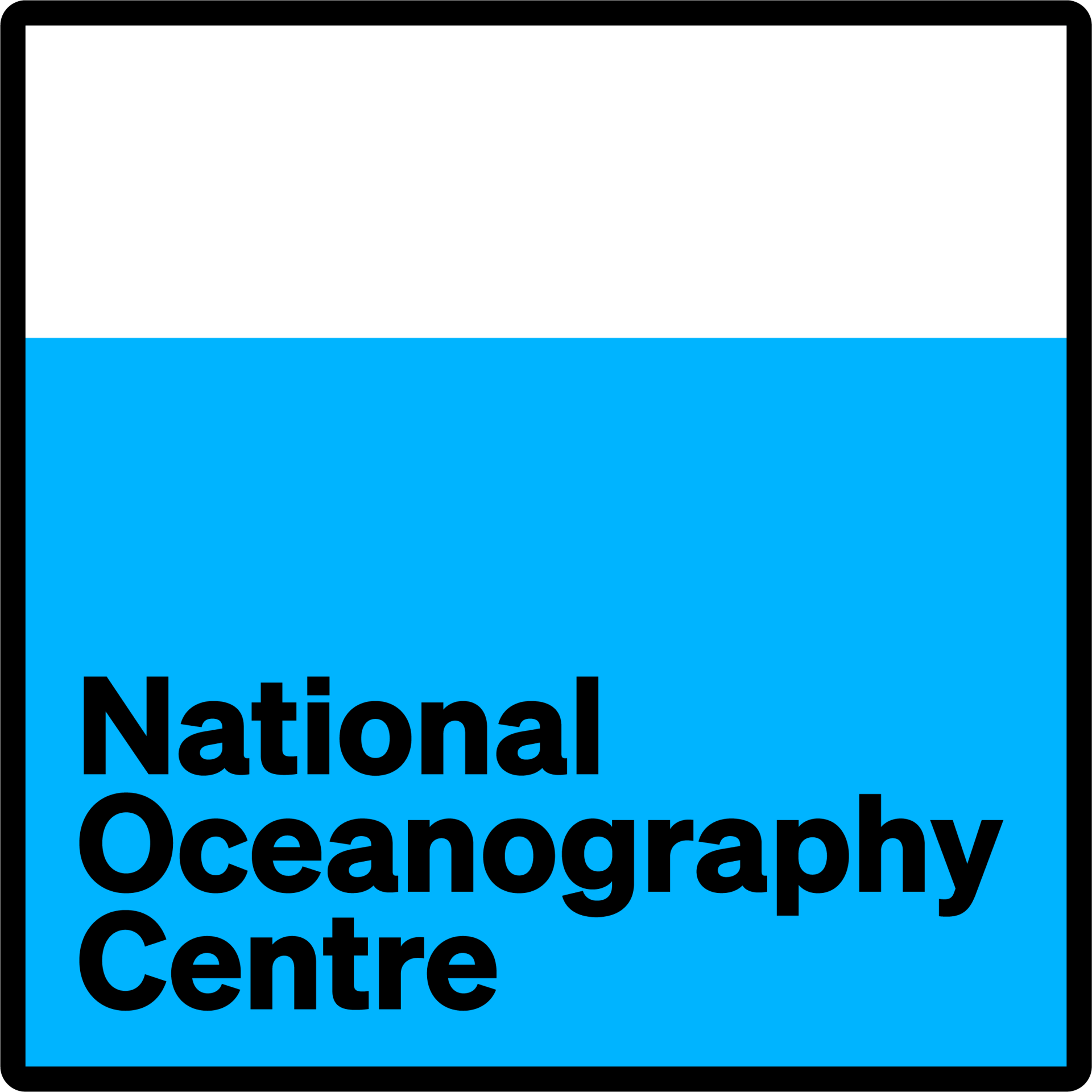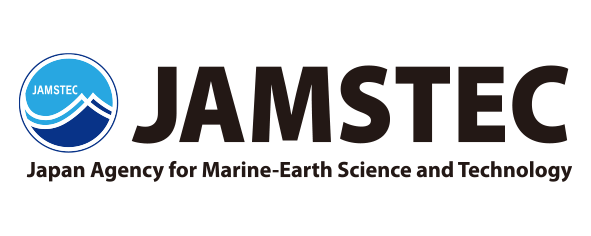Overview
Monitoring biodiversity in the oceans is a global requirement under COP, GEOBON, GOOS etc. Changes in biodiversity of phytoplankton and zooplankton are key EOVs to measure, because they regulate critical ecosystem goods and services. Phytoplankton are the base of the oceanic food web and zooplankton are the intermediate trophic levels linking phytoplankton to fish.
The primary way to measure plankton biodiversity in the global ocean is using Continuous Plankton Recorders (CPRs), which are towed behind ships of opportunity and are thus cost-effective. The Global Alliance of CPR Surveys (GACS) provides a coordinated, global umbrella organisation that harnesses the network of CPR Surveys across ocean basins covering the entire latitudinal range of the globe, and includes their expertise, sample archives and ongoing sample collection. GACS has an extensive database of marine plankton and associated metadata that is used by researchers and policy makers to examine strategically important science pillars such as climate change, human health, fisheries, biodiversity, pathogens, invasive species, ocean acidification, marine plastics and natural capital.
A key gap in global biodiversity assessments of plankton is that the traditional approach, using microscopy, has been relatively expensive and time consuming, but innovative molecular tools provide the opportunity to measure biodiversity in a rapid and cost-effective manner.
This working group will develop and produce a framework for the enhancement of global CPR operations with the specific objective of developing the CPR as a platform for collecting samples for nucleic acid (DNA/RNA) analyses. This will include an assessment of the current state of the art in molecular technology using CPR samples; development of plans to enhance the use of new mechanical sample collection technologies for use on a CPR; investigate the technology roadblocks and timeframe required to conduct in situ real time sequencing; and develop plans to build a global molecular archive. It will bring together practitioners in plankton analysis, molecular ecology, bioinformatics, marine instrumentation and engineering from a range of countries that the GACS community represents.
How the Task force on DNA sampling tools for the global CPR Survey contributes to POGO priority areas
Discussions of the potential for ocean observation technologies to assist with marine conservation, specifically monitoring of MPAs, formed a part of POGO-16 and POGO-17. Initial discussions of biological observing systems were held at POGO18. These workshops were greeted enthusiastically and well-attended. A consensus of members and guests at POGO-18 called for further development of POGO’s understanding of the state of biological observing technologies and an assessment of the ways in which POGO could promote biological observing technologies and strategies. A POGO taskforce on Biological Observations presented its findings in a white paper at POGO-19, where one of their major recommendations was the adoption of molecular/genomic tools on observing platforms (described as a high urgency topic and timely); in addition, a further recommendation focused on development of genomics methods and standards that the white paper stated was a slow and steady urgency (which makes sense since this will take time). Perhaps critical was the role of POGO institutions to drive the state-of-the-art framework for how we establish “equivalency” of data from genomic analysis. With a long-established track record in establishing microscopic taxonomic data equivalency in the CPR Survey, we are well positioned to extend this consistency to genomic analyses.
Status: Complete Working group
Year: 2019
Working group Participants
Leader
- Willie Wilson, Marine Biological Association, UK
Participants
- Sanae Chiba, JAMSTEC, Japan
- Julie Robidart, NOC, UK
- Rowena Stern, MBA, UK
- Rana Abu Alhaija, The Cyprus Institute, Cyprus
- Anthony Richardson, CSIRO, Australia
- Bruce Deagle, Australian Antarctic Division, Australia
- Jenny Huggett, DEA: Oceans & Coastal Research, South Africa
- Luigi Vezzulli, University of Genova, Italy




